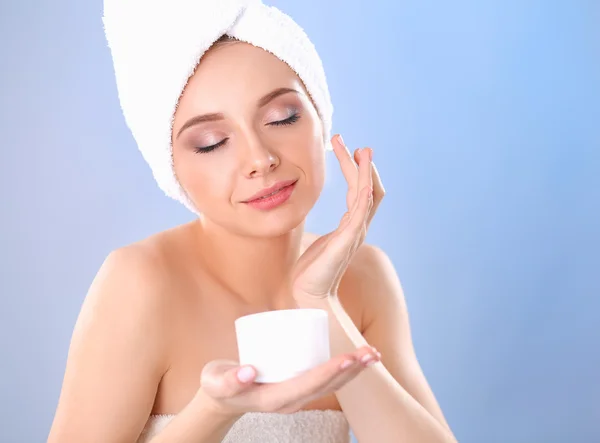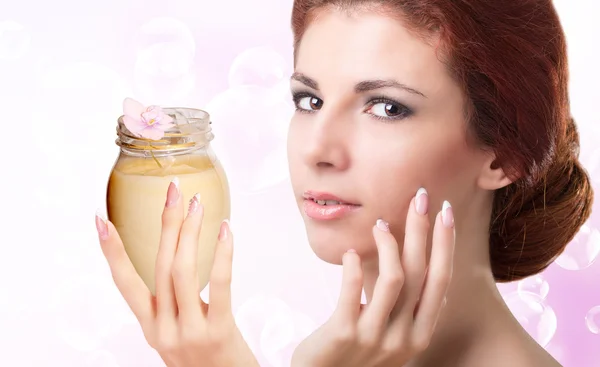Discover the natural glow with these Skin Whitening Secrets Home Remedies. In a world where beauty standards evolve with every passing trend, the quest for radiant skin transcends borders and cultures. Amidst the myriad of skincare solutions, there exists a timeless allure to the age old practice of home remedies.
Imagine unraveling the treasure trove of skin whitening secrets hidden within the pantry shelves and garden greens of your own home. From ancient wisdom to modern marvels, these remedies whisper tales of generations past while promising a luminous future.
Embark on a journey where the whispers of turmeric, lemon, and honey weave together to unlock the secrets of radiant, glowing skin. Welcome to the enchanting realm of Skin Whitening Secrets Home Remedies, where nature’s bounty becomes your ultimate beauty arsenal.

Skin Whitening Secrets Home Remedies
Looking to brighten your skin naturally? Discover effective skin whitening secrets using home remedies.
Lemon Juice and Honey
Lemon juice, renowned for its bleaching properties, when combined with honey, forms a potent concoction for skin lightening. The acidic nature of lemon aids in reducing melanin production, while honey moisturizes and soothes the skin, leaving it supple and bright.
Turmeric Paste
Turmeric, hailed for its myriad health benefits, also holds a special place in skin care. Formulating a paste with turmeric powder and milk or yogurt can help lighten dark spots and even out skin tone. Its anti-inflammatory properties calm irritated skin, unveiling a luminous complexion over time.
Aloe Vera Gel
Aloe vera, dubbed as nature’s wonder plant, is a treasure trove of skin-loving nutrients. Applying fresh aloe vera gel directly to the skin can fade blemishes and promote skin regeneration. Its cooling sensation provides relief to sun damaged skin, while its moisturizing effect leaves the skin supple and radiant.
Papaya Mask
Papaya, enriched with enzymes like papain, serves as a natural exfoliant, gently sloughing off dead skin cells to reveal brighter skin underneath. Creating a mask with mashed papaya and honey can help lighten skin and improve its texture, offering a rejuvenated and glowing complexion.
Understanding Skin Pigmentation
Explanation of Melanin and Its Role in Skin Color
Melanin, the pigment responsible for skin color, plays a crucial role in determining an individual’s complexion. This natural substance is produced by melanocytes, specialized cells located in the epidermis. Understanding melanin’s function elucidates how skin obtains its diverse hues and shades.
Factors Influencing Skin Pigmentation
Several factors influence skin pigmentation, including genetics, exposure to ultraviolet (UV) radiation, hormonal changes, and environmental pollutants. Genetic predispositions can dictate baseline melanin production, while UV exposure triggers melanin synthesis as a protective mechanism against sun damage.
Hormonal fluctuations, such as those occurring during pregnancy or puberty, can also impact melanin production, leading to changes in skin tone.
Common Causes of Uneven Skin Tone
Uneven skin tone, often referred to as hyperpigmentation or hypopigmentation, can result from various factors. Sun exposure without proper protection, hormonal imbalances, inflammation, and skin injuries like acne scars contribute to uneven pigmentation.
Additionally, certain medications and skincare products may exacerbate pigmentation irregularities, necessitating tailored treatment approaches.
By comprehensively understanding melanin’s role, the factors influencing skin pigmentation, and the common causes of uneven skin tone, individuals can make informed decisions regarding skincare and seek appropriate remedies for achieving a balanced complexion.




